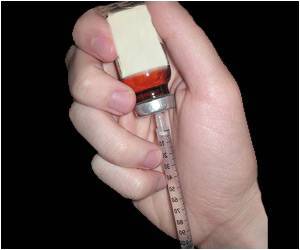A study from the University of Houston in the United States supports a controversial theory that opposes medicines that are presently in use for asthma management.
A study from the University of Houston in the United States supports a controversial theory that opposes medicines that are presently in use for asthma management.
Research leader Richard A. Bond, professor of pharmacology, has revealed that present-day drugs work by stimulating a receptor found in many cells, including the smooth muscle lining the airways.He says that while experimenting on mice, his team noticed that the animals that lacked a gene crucial for the production of this receptor did not show any symptoms of asthma.
That observation, adds Bond, was an indication that blocking the receptor, scientifically known as beta-2 adrenoreceptor, might be a safer and more effective strategy for long-term asthma management than stimulating it.
The researchers describe the strategy they have proposed as paradoxical pharmacology. It suggests that patients may be treated with medication that initially worsens their symptoms before eventually improving their overall health.
Bond concedes that beta blockers would not replace the need for emergency inhalers for acute episodes, but insists that the negative effects associated with beta blockers eventually taper off to provide long-term relief from asthma symptoms.
He also underscores a number of studies that have shown that chronic use of beta-2 stimulants can negatively affect asthma control and airway hyper-responsiveness.
Advertisement
"The study indicates that, with regard to developing asthma-like features, the mouse is better off without the beta-2 adrenoreceptor at all," Bond said.
The study has been published in the online edition of the journal Proceedings of the National Academy of Sciences (PNAS).
Source-ANI
SRM















